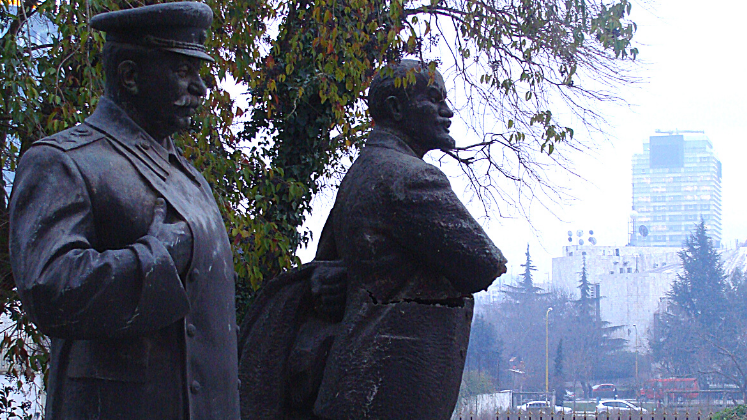What were you reading in 2022 on LSE Review of Books? We count down the top 12 most-read new book reviews of the year published on the blog.

John Lough argues that Germany’s historically conditioned reflexes have distorted its view of Russia and inhibited its policy responses. Andriy Tyushka recommended this sharp, timely and insightful look into German-Russian relations to policymaking and scholarly communities alike.
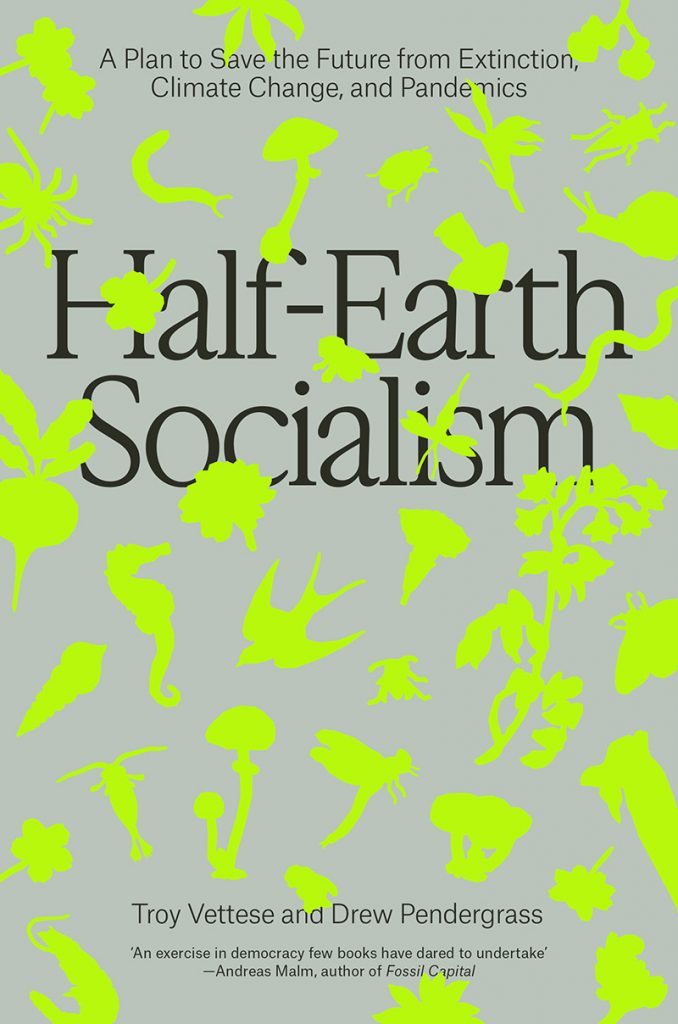
Drew Pendergrass and Troy Vettese set out a vision of how we can avoid a dystopian future by stabilising the environment and simultaneously working towards a just society. Hema Vaishnavi Ale welcomed the book for reorienting the dominant priorities and politics of current environmental approaches that have been fuelled by capitalist thought.
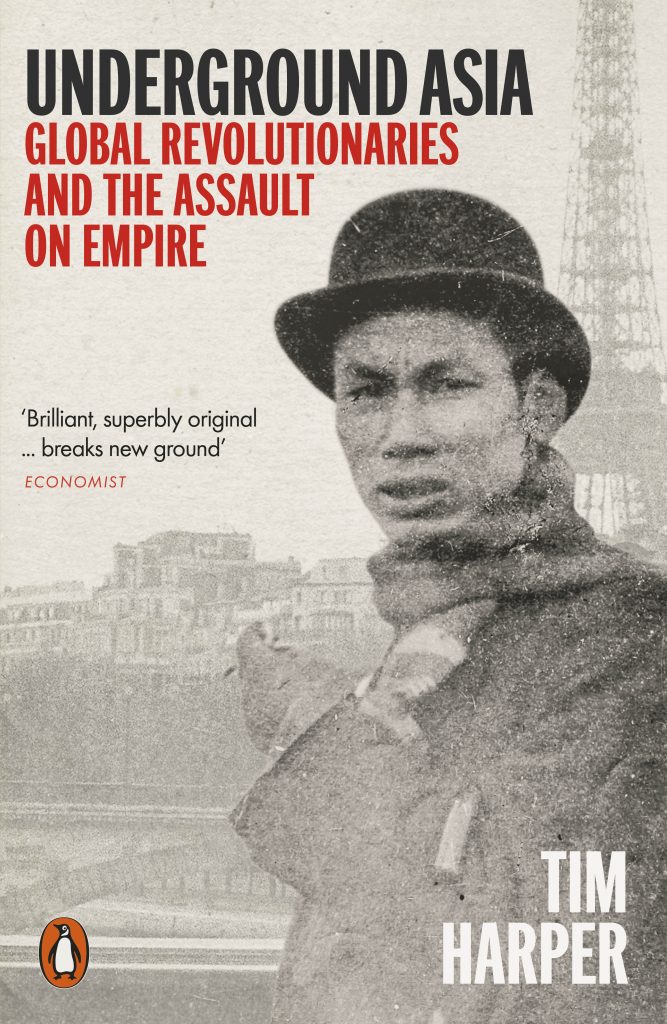
10. Underground Asia: Global Revolutionaries and the Assault on Empire. Tim Harper. Penguin. 2020.
Tim Harper explores the intensifying anti-colonial activity across South, Southeast and East Asia that sought to undermine empire ‘from below’ in the early twentieth century. Reviewing the book as part of our book review collaboration with LSE Southeast Asia blog, Oliver Crawford found this a brilliantly realised work of history.

9. Experiments in Imagining Otherwise. Lola Olufemi. Hajar Press. 2021.
Lola Olufemi offers an experimental exploration of the possibility of living differently, grounded in Black feminist thought and political organising. Avani Ashtekar praised this generative and poetic book for showing how the imagination is central to revolutionary movements.

This collection brings together the writings of Alaa Abd el-Fattah, the jailed activist who is one of Egypt’s most prominent political dissidents and human rights defenders. With much of the contents smuggled out of prison, the book gives a global audience an opening to draw connections between a localised experience of mass incarceration and other struggles against militarised policing and carceral regimes around the world.
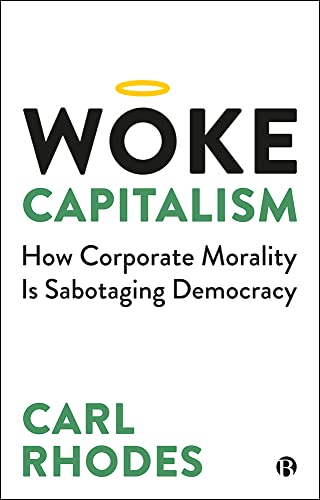
Carl Rhodes explores how the corporate world’s calculated embrace of social justice poses a significant societal threat. Andrew McCracken found that the book not only unveils the self-serving nature of so-termed ‘woke capitalism’, but also its pernicious effect on democracy.

Thomas Piketty proposes a vision for a fairer economic system grounded in ‘participatory socialism’. This encyclopaedic, rewarding work merits thoughtful engagement and is essential reading, wrote Ewan McGaughey.
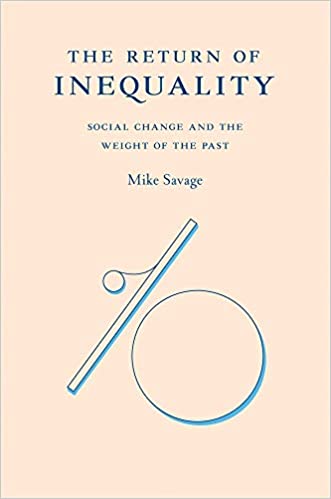
Mike Savage explores how inequality has surfaced as a pressing cause for concern over the past decade. Jo Littler recommended this hugely generative book as a major contribution to understanding inequality today.
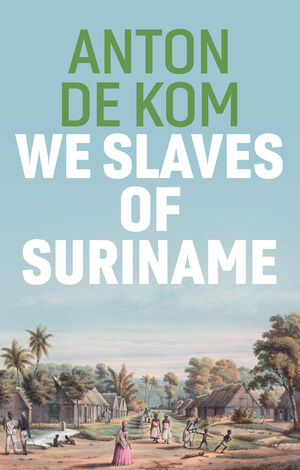
4. We Slaves of Suriname. Anton de Kom (translated by David McKay). Polity. 2022 [1934].
In the first book on Surinamese history written by a Surinamese man, published in English for the first time, Anton de Kom gives a historical account of the horrors of slavery and the transition to ‘free’ citizenship under Dutch colonial rule. Phaedra Haringsma reflects on the legacies of this story of tragedy and hardship as well as self-love and resilience, drawing on her prize-winning post for the Africa at LSE blog student writing competition, Black Forgotten Heroes.
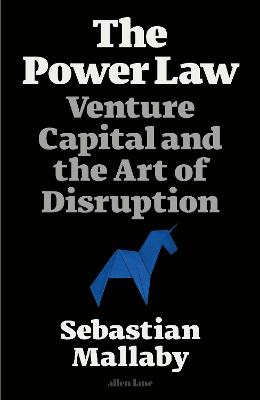
Sebastian Mallaby draws on interviews with leading names in global tech to reveal how venture capital works. Robyn Klingler-Vidra found this an enjoyable and exciting read full of tantalising anecdotes.

2. Collapse: The Fall of the Soviet Union. Vladislav M. Zubok. Yale University Press. 2021.
Vladislav M. Zubok’s award-winning book examines the fall of the Soviet Union, showing how the collapse was not sudden but rather the result of a long decline with economic strains at the centre. William B. Whisenhunt deemed this a compelling and detailed study that will prove to be the new standard work on a critical period in world history that still has ramifications today.

1. Free: Coming of Age at the End of History. Lea Ypi. Penguin. 2021.
In this award-winning memoir, Lea Ypi reflects on the paradoxes of freedom through her recollections of coming of age at the collapse of communist Albania in December 1990 and its transition from Enver Hoxha’s dictatorship to a presumably freer, capitalist and more democratic nation. In the most-read new review of 2022, Andi Haxhiu praised this stylistically elegant and thought-provoking book as a significant contribution to understanding this period of Albania’s transition that will be read for many years to come.


